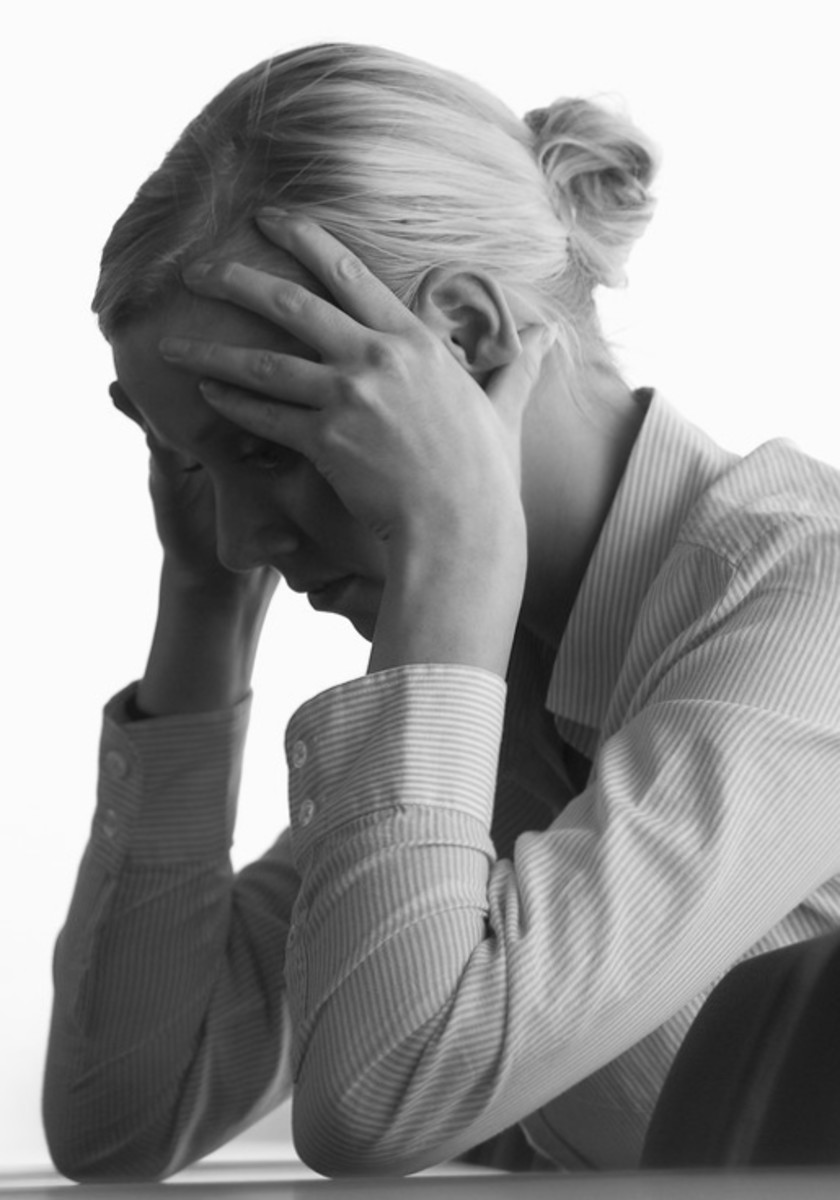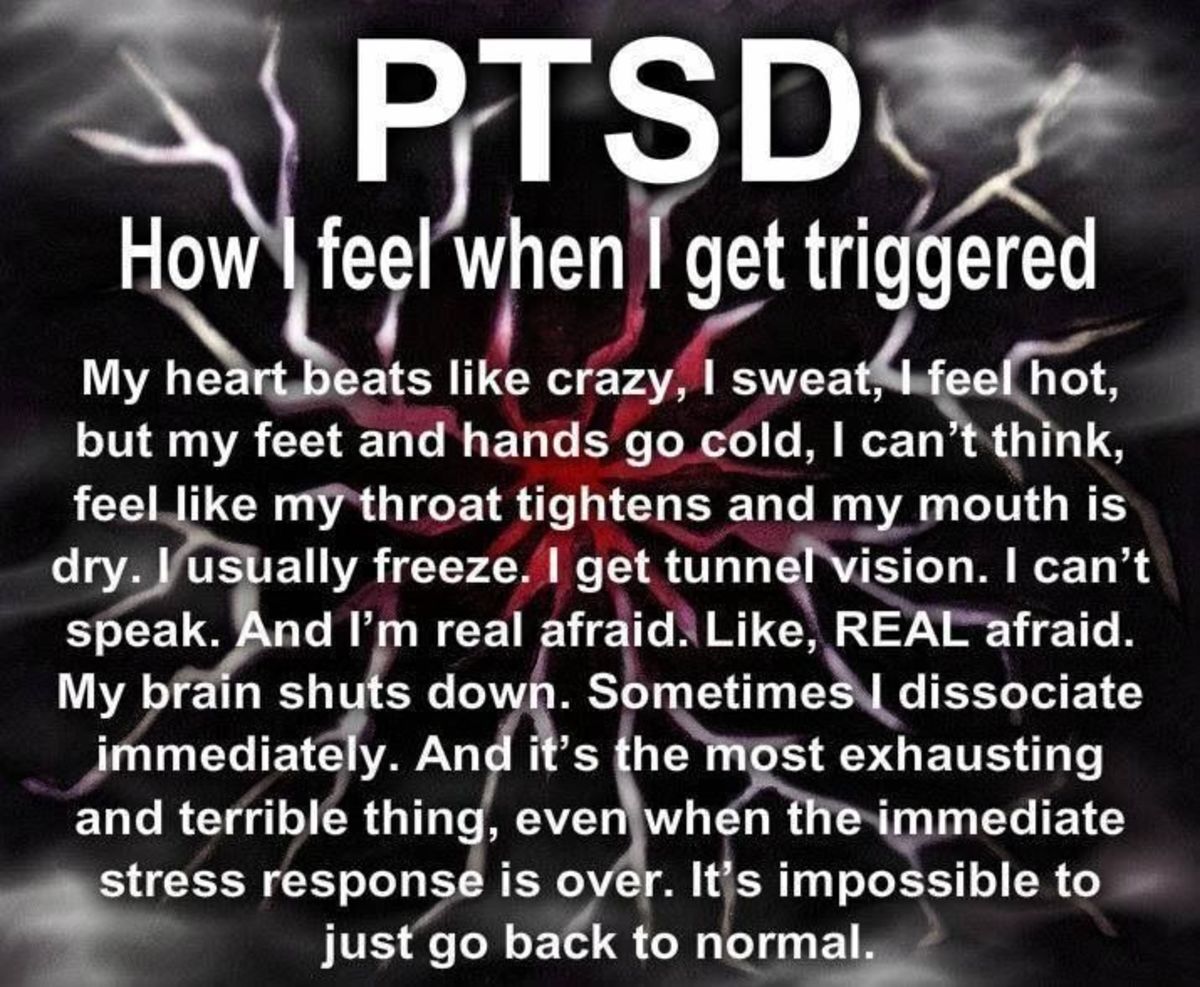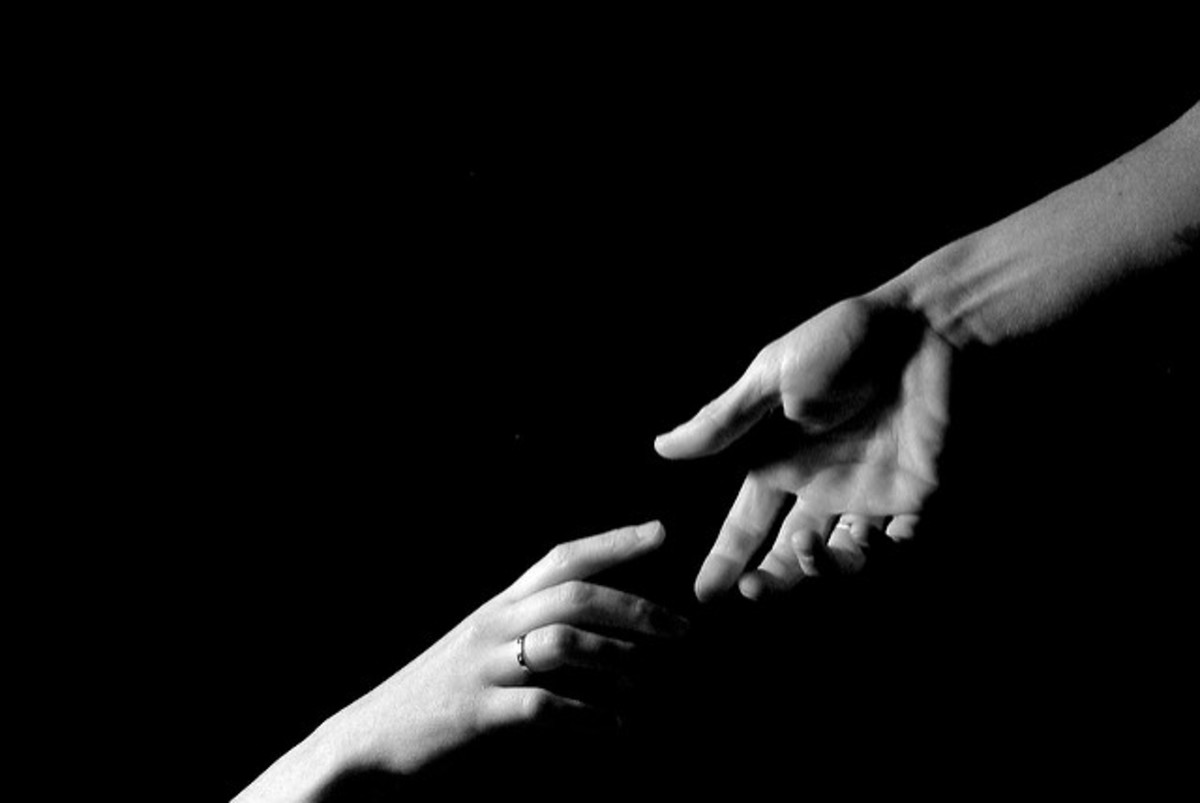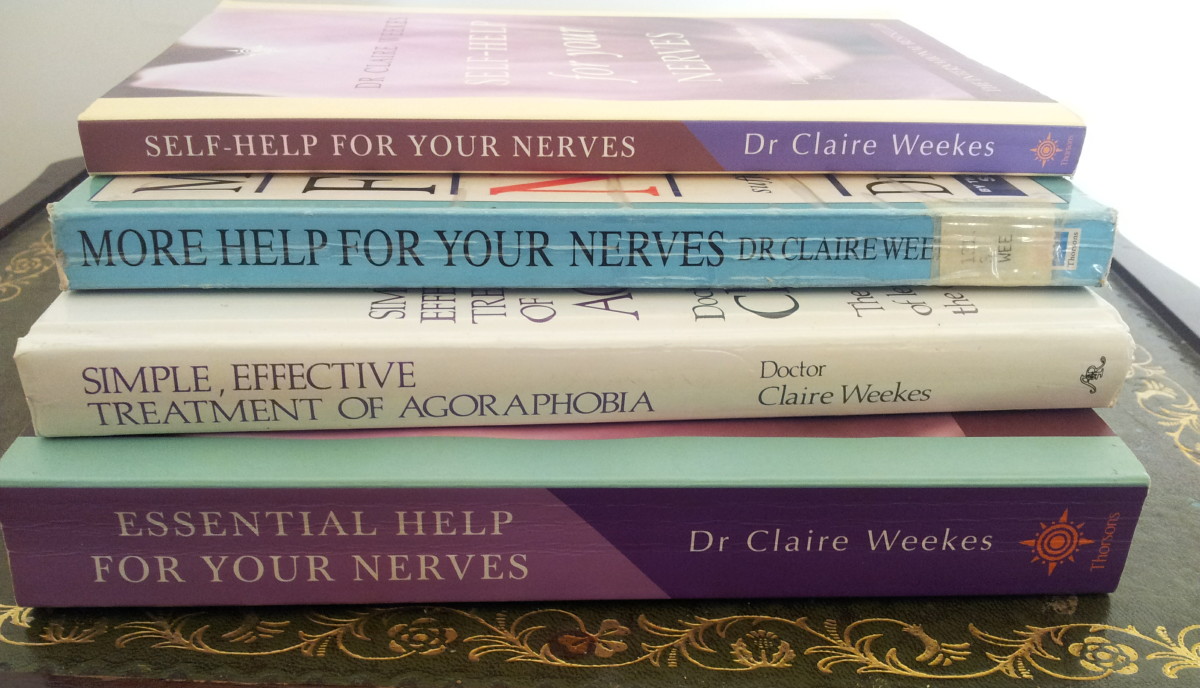Why Do I Feel Anxious
Feeling More and More Anxious
When the concern and worry is excessive, and interferes with your daily life, causes intrusive and negative thoughts and creates personal conflicts, it may be time to take proactive measures. Anxiety often feeds on itself. Once prone to anxious feelings, a person’s thoughts become heightened and sensitized to feeling more anxious, more powerless, and more helpless.
Feeling helpless and powerless creates more anxiety because the person doesn’t know what to do relieve the anxiety. Anxiety can make someone feel more vulnerable towards other negative emotions.
Anxiety feeds and grows on itself. Anxiety puts us in a heightened state of constant fear, and makes us more susceptible towards more anxiety. We feel powerless. Powerlessness makes us feel helpless. Helplessness creates a feeling of weakness and the result is more anxiety.
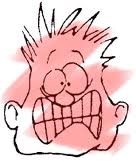
Anxiety Serves Good Purposes Too
This is known as an autonomic response - the body reacts automatically. A few minutes later, the frontal lobes, the cortex where are thinking and reasoning are done will evaluate the situation. If the threat is gone, it is the cortex that sends the information to the other part of the brain to relax. If the threat still exists, the biological reactions will continue - rapid heartbeat, shallow breathing, pounding heart, sweaty palms, tense muscles, uneasy stomach.
These reactions range from mild to intense, from a variety of triggers. Under situations of anxiety, people actually become focused and alert. Anxiety can be a good thing. It is when anxiety is intense and interferes with our best functioning, or creates feeling overwhelmed, that we must take positive action towards a healthier thought patterns.
Different Types of Anxiety Disorders
- Generalized anxiety - people have excessive worry and fear for the worst. They can also have somatic (body) reactions ranging from chest pains and tight muscles to stomachs, headaches, and feeling tired. These symptoms can cause people to miss work and school. They feel overwhelmed and that their life is out of control.
- Obsessive compulsive disorder (OCD) - thoughts get fixated on the same ideas and compulsions (actions) are constantly repeated in an attempt to relieve the anxious obsessive thoughts.
- Phobias - strong fears that cause people to avoid the things they are afraid of.
- Social phobia - (social anxiety). Social situations can trigger a fear of being around people.
- Panic attacks - A panic attack brings on a sudden and intense reaction that impedes with the person’s ability to function. s
- Posttraumatic stress disorder (PTSD) - Anxiety is brought on by a traumatic experience that causes a terrifying feeling. Often people have flashbacks, loss of sleep, nightmares, and fear of the event reoccuring.
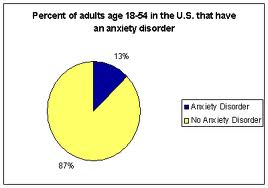
Triggers that Cause Anxiety
There are many triggers of anxiety disorders. Genetics, an over active amydala creating excessive fight/flight reaction, brain biochemistry, stressful events, and acquired learned behavior.
Within the brain chemistry, neurotransmitters regulate the chemicals. When these go awry, anxiety persists.
Our brain and anxiety - the limbic system is oldest part of the brain. It is our most primitive part. Fear at its basic originates within the amygdala in this part of the brain. The frontal lobe part of the brain is where we do our more advanced thinking. This area is called the neo-cortex. It is here that we judge, and discern right from wrong, evaluate real and imaginary, decide what is appropriate and inappropriate, and view what is reasonable and not reasonable.
The Body's Reaction to Anxiety
Our response to threats begins in the amygdala as a primitive reaction. At this level we don’t do any thinking, we just react. It is purely a survival thing, and it doesn't matter if we are wrong or right. We just need to survive.
The amygdala sends out hormonal signals in a fight or flight response. Adrenalin is sent into the blood stream and our body reacts automatically. Our system gets riled up, we are ready to defend or flee.
This reaction of the adrenalin coursing through our bloodstream and the decision to fight or flee in an instantaneous moment creates anxiety. The anxiety is a result of not being able to release the adrenalin. Our body went into overdrive, as we get ready to protect our very existence, but then don’t have to.
Our ideas have caused a misfiring. Without a way to rid our body of the chemicals released, we are left with anxiety. Treatments for anxiety keep the amygdala from firing off scary thoughts and stopping our frontal lobes from thinking clearly.
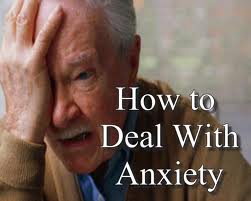
To Be Less Anxious - Be More Assertive
There are ways to handle your anxiety:
- take deep slow purposeful breaths - inhale through the nose slowly, exhale through the mouth slowly
- quantity and quality of sleep is important
- stay away from caffeine and alcohol
- move around - get exercise
- try to notice when you feel anxious
- try to notice when you feel relaxed
- learn to be assertive
- learn healthy ways to adapt to situations so you can better handle stressful thoughts
Why do you need to be more assertive? Anxiety is related to your ego and self esteem. Those who are less assertive and trying to be people-pleasers will tend to be more anxious.
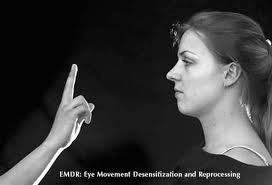
EMDR Therapy Helps Post Traumatic Stress Disorder
Post Traumatic Stress Disorder (PTSD) is much more resistant to conventional talk therapy. A special therapy technique called EMDR is known to be very effective. A counselor who is familiar with this type of therapy can create very positive and effective results.
EMDR (Eye Movement Desensitization and Reprocessing) It helps change how you think of an react to the traumatic memories you have. The person begins to talk about the memories and at the same time receives another stimulus to following a finger to make their eyes move back and forth or left leg right leg taps.
It is thought that a traumatic memory may get stuck between the left and right hemispheres of the brain. The theory is that external stimulus at the same time the person is re-experiencing the event by speaking about it, causes the memory to move out of the locked part of the brain.
While science is not exactly sure how this works, EMDR, is showing great promise in helping people restore their lives and getting over traumatic events.
Famous People Who Suffer From Anxiety
Anxiety is a normal reaction. If you suffer from anxiety you are in good company.
Many people in the music industry: David Bowie, John Cougar Mellencamp, Barbara Streisand, Aretha Franklin, Donny and Marie Osmond, Carly Simon, Courtney Love, Naomi Judd, Eric Clapton, Cher, Goldie Hawn.
Many celebrities: Johnny Depp, Sally Field, Winona Ryder, Sissy Spacek, Tom Synder, Kim Basinger, Oprah Winfrey, Edie Falco, Anthony Hopkins, Nicole Kidman, Howard Stern, Howie Mandel, Burt Reynolds, Roseanne Barr, Sir Laurence Olivier, Joan Rivers
Other well known people: Sigmund Freud, Sam Shepard, Isaac Asimov, Charles Schultz, Sir Isaac Newton, John Steinbeck, W.B. Yeats, Barbara Bush. Abraham Lincoln.
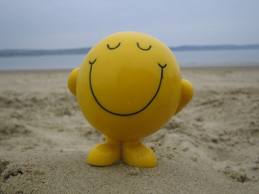
Live Your Best Life Ever!
Work on behavioral therapies yourself to help change your thinking and change your reactions. Self growth, self improvement, and greater self awareness will always make our own lives better. Take proactive, preventative and protective measures to live your best life ever.

